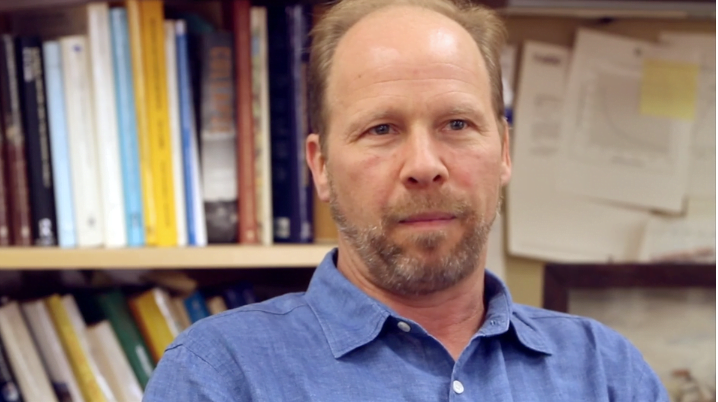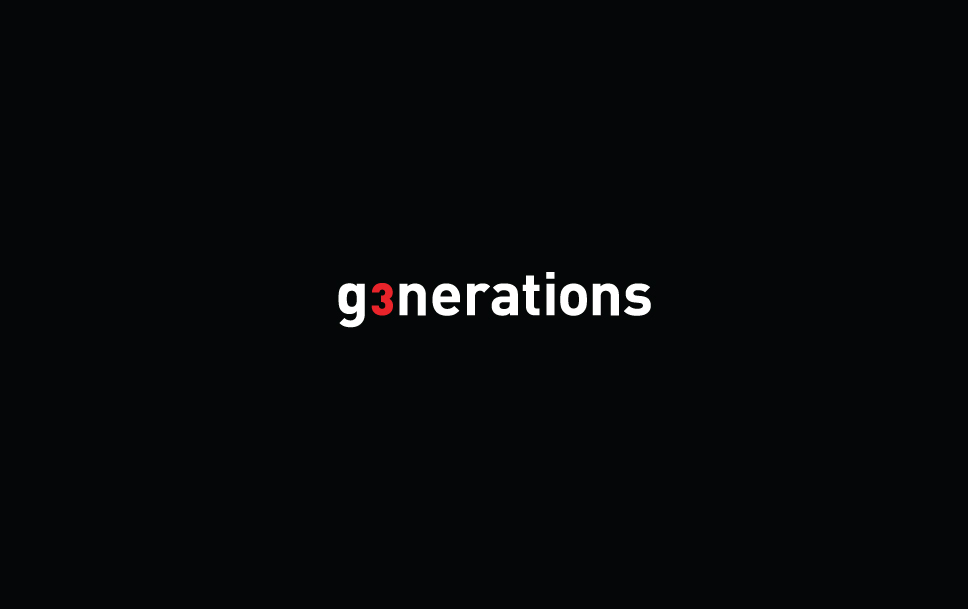Opinions
Jane Wells: Do We Still Need To Understand The Holocaust in 2020?

In 2020, at this critical moment in our nation’s history, as we are struggling to preserve our democracy, understanding the significance of the Holocaust has become absolutely essential. 75 years after the Allies liberated the German concentration camps, we face the reality that the Holocaust is fading from living memory as the last survivors are passing away. Worse, in the last month alone we have been shocked by news outlining exactly how ignorant and misinformed young people are today about the Nazi atrocities.
- Nearly two-thirds of young Americans are unaware that nearly 6 million Jews were killed in the Holocaust.
- Of the surveyed adults 18 to 39, 23% said they believed the Holocaust was a myth, had been exaggerated or they weren’t sure.
- Proud Boys and VICE founder Gavin McInnes complained too many people are talking about the Holocaust and commemorating it:
“It’s like a liberal thing, it’s arguably a white thing, but it’s a Jewish thing to sort of dwell on the past….‘Seventy-five years ago, my people were killed.’ Always the Jews, always killing us, we are the scapegoats,” he said. “God, they’re so obsessed with the Holocaust.”
Preserving the source documentation of the Holocaust is the foundation story of 3 Generations and my personal family legacy. My father, Sidney Bernstein, was Chief of the film section, Supreme Headquarters Allied Expeditionary Force, (S.H.A.E.F) in 1945. He was tasked by the British and Americans with filming what the liberating armies found, of compiling irrefutable evidence of the Nazi atrocities. His film, German Concentration Camps Factual Survey, has had a complicated history itself (it was the subject of the Peabody and Emmy Award-winning documentary, Night Will Fall) and it is at last available for viewing and streaming in the USA through 3 Generations and Menemsha Films.
To counter the disturbing trend of ignorance and denial of the Holocaust, 3 Generations has launched a 75th Anniversary Commemoration Initiaitive. We will host a livestream conversation on October 20th and hold a video contest through the end of 2020. The contest is designed to engage young people creatively with sharing the message of German Concentration Camps Factual Survey, with their peers. Three $1000 prizes will incentivize entries and help a new generation of filmmakers pursue their own work. Finalists will be screened on social media channels and voted on by the public.
The Livestream, at 5pm EST on October 20th, will be hosted by The New York Times columnist Roger Cohen. Speakers are Stephen Smith, Executive Director of the USC Shoah Foundation and UNESCO Chair on Genocide Education; Lina Srivastava, Founder of CIEL|Creative Impact & Experience Lab; Clara Citron, NYU Student and grand-daughter of 3 Holocaust survivors and Jane Wells, Founder of 3 Generations and daughter of Sidney Bernstein.
If we cannot keep the truth of the Holocaust alive while there are still living witnesses, while we have irrefutable documentary evidence, it does not bode well for our future. 2020 is also a critical moment in the fight for social justice as that term itself is being weaponized by extremists on the right. As the closing words of German Concentration Camps Factual Survey prophesize:
“Unless the world learns the lessons these pictures teach, then night will fall. But by God’s grace we who live will learn.”
Our hope is that as many people as possible will join this initiative by listening to the Livestream, by sharing the news of the video contest and by following 3 Generations to learn what young people in 2020 have to say about documentary evidence of the Nazi concentration camps.
Learn more and RSVP.




